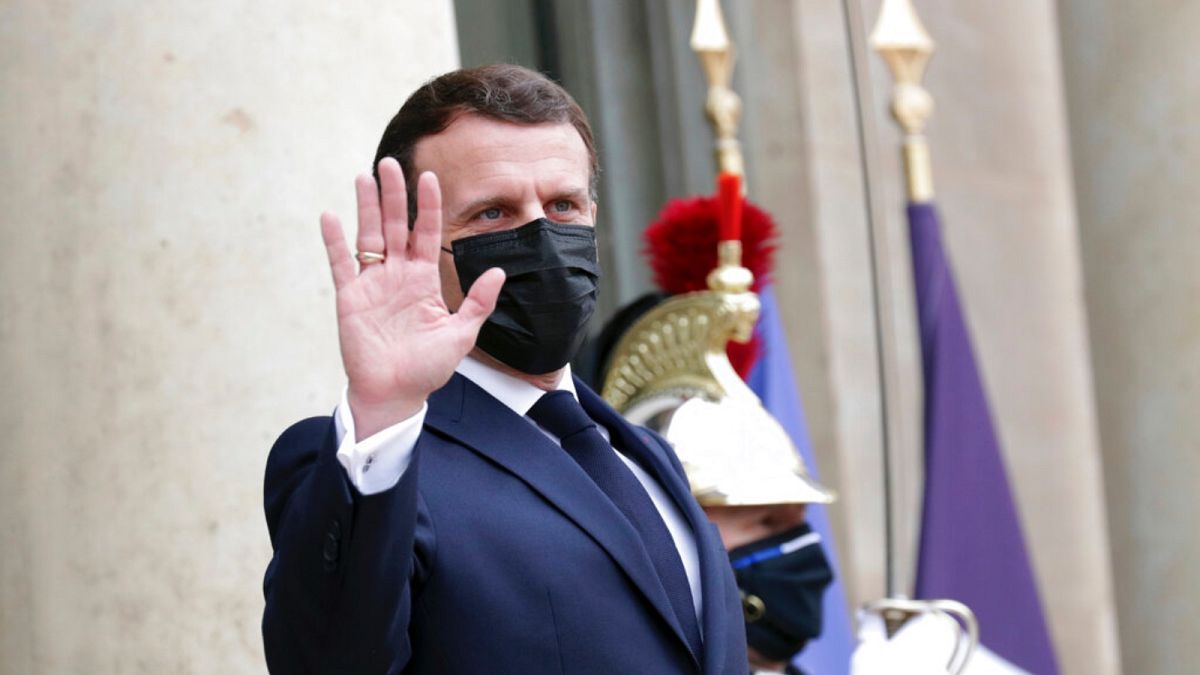President Macron unveils plans to scrap France’s elite government school, the ENA, and inject more diversity into the recruitment of top civil servants.
French President Emmanuel Macron announced on Thursday a plan to close the École Nationale d’Administration (ENA), the elite postgraduate school that for decades has churned out the nation’s top civil servants.
Macron has said he wants to ensure the most senior echelons of government better reflect the diversity of modern society.
He now plans to replace the ENA with a new "institute of public service" that would be more open, more diverse and less bureaucratic.
ENA has trained most of France's presidents, cabinet ministers and senior civil servants since 1945, including President Macron himself.
But it's been criticised for producing out-of-touch elites, and Macron first signalled his intention to reform it following the social unrest of the Yellow Vest movement in 2018.
Because the ENA entrance exam is so difficult, it’s de facto reserved for privileged students who have studied at France's best schools.
Most ENA students come from upper-class backgrounds – around 70 per cent in recent years, compared to about 45 per cent in the 1950s.
Find out more in the video player, above.
